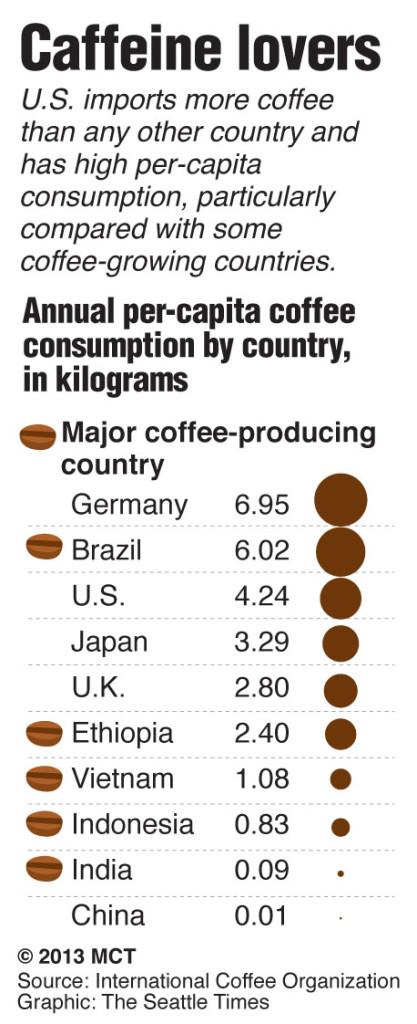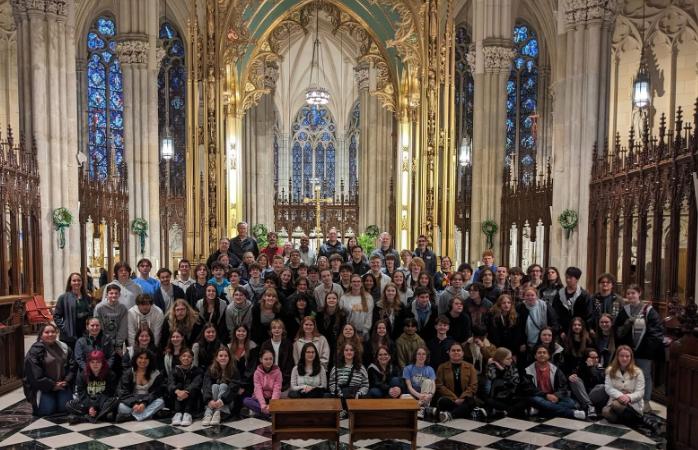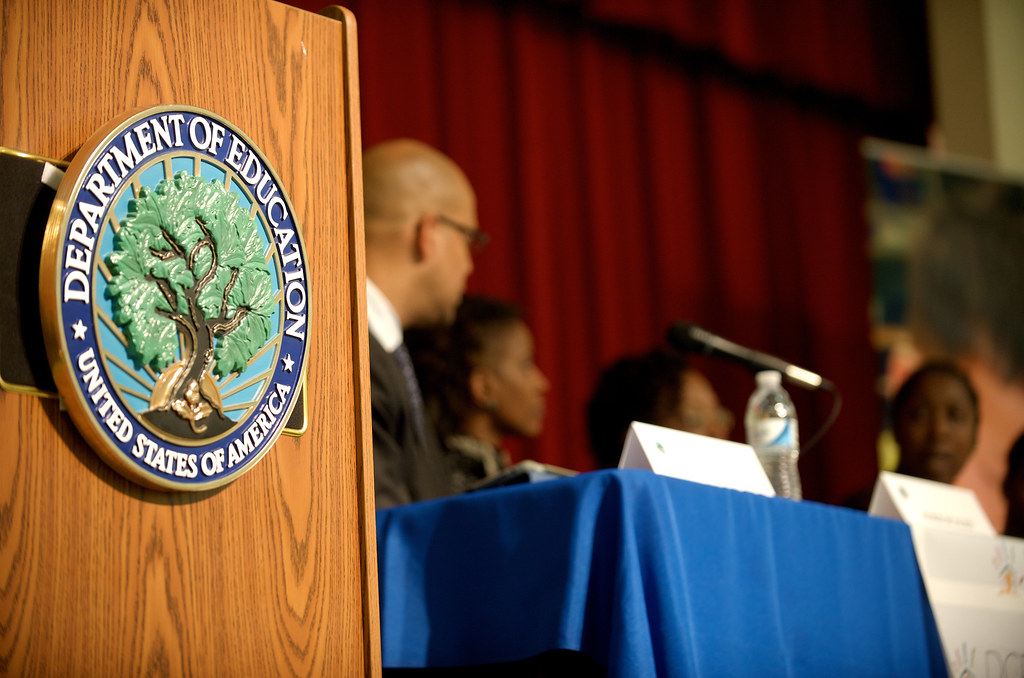Almost every shopping center has a Starbucks; coffee has become a normal part of today’s culture. The drink that used to be considered an “adult drink” has seen an increase in popularity among young people and has caused the FDA to investigate what effects it can have on them.
In a consumer update, an FDA spokesperson said, “We need to better understand caffeine consumption and use patterns and determine what a safe level for total consumption of caffeine is.”
While the FDA wants to try to find ways to limit caffeine consumption by teens, they agreed that putting an age restriction on caffeine would be very complicated and it isn’t really a priority right now.
Even though the FDA won’t be placing an age restriction on caffeine, it does have some adverse health effects. In a study published in The Journal of Pediatrics, researchers found that 75% of children surveyed consumed caffeine on a daily basis, and the more caffeine the children consumed, the less they slept.
Caffeine also increases heart rate and blood pressure and could negatively affect a child’s developing neurological and cardiovascular systems, a 2011 report from The American Academy of Pediatrics stated. The report also stated that children ages 6 to 10 consume caffeine eight out of 10 days on average. Children who drink caffeine at that age often could see negative effects on their health.
While many people associate daily coffee consumption with negative health effects, a spokesperson from the National Coffee Association said, “Daily consumption is not bad for a person’s health. A multitude of scientific studies have claimed numerous health benefits in coffee”
A study that included 125,000 people over 22 years, published in 2006 by the Kaiser Permanente Medical Care Program in Oakland, California showed that those who drink at least one cup of coffee per day were 20 percent less to develop liver cirrhosis.
Another study from The American Chemical Society found that people who drink four or more cups of coffee per day reduce their chances of developing Type 2 diabetes by 50 percent.
A commonly known benefit of drinking coffee is its ability to wake people up in the morning. “I really don’t get enough sleep so it helps me keep energized. If it’s late and I haven’t finished my homework I’ll drink a cup to help me plow through and finish it,” said Jackie Brinkman, a junior.
Brinkman said, “Middle school is too young, but once you get to high school it becomes necessary for a lot of people to focus”.
Mrs. Norris, the school nurse, had a different opinion. “People younger than 18 probably shouldn’t drink it” said Norris. Despite this opinion, she does not believe that drinking one cup of coffee a day is bad for a high school student’s health.
While drinking coffee on a daily basis may not be the healthiest habit for high school students, its ability to help students wake up and work effectively is a benefit that should be appreciated.








